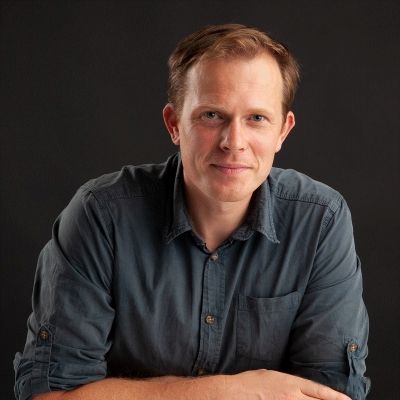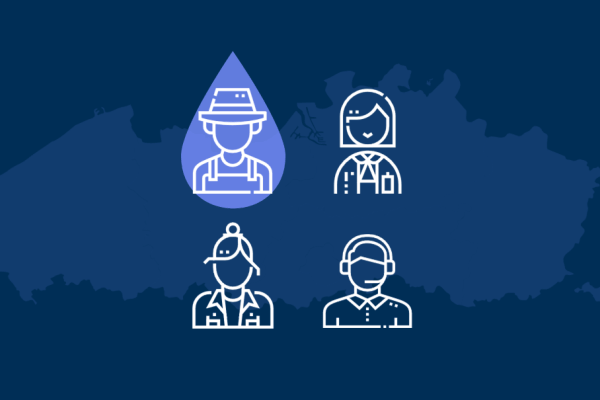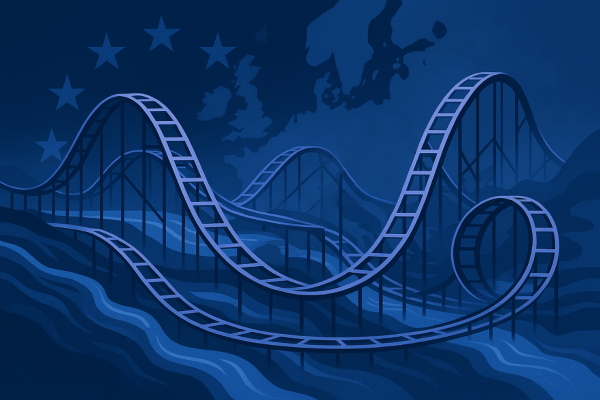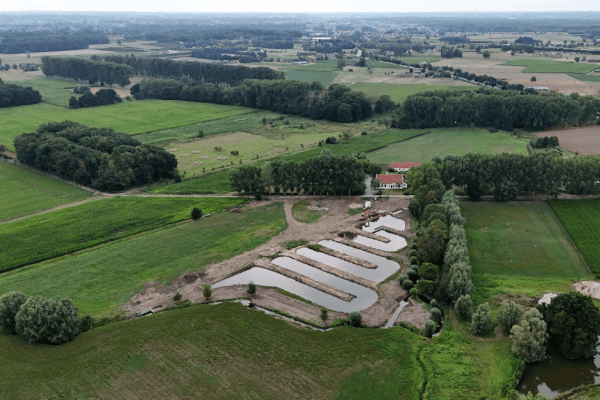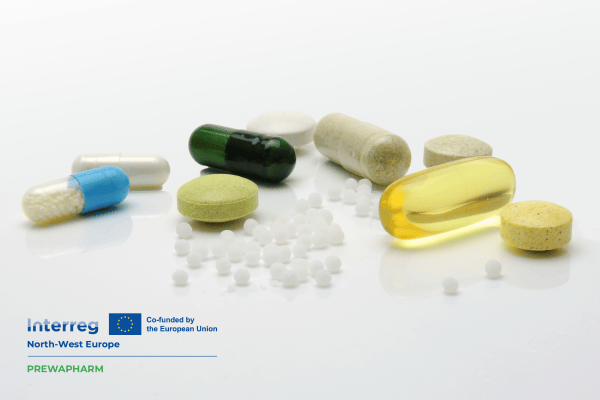PREWAPHARM: towards a chain-based approach to pharmaceutical residues in our water
On May 7, 2025, the official launch of the Interreg NWE project PREWAPHARM (Preventing Water pollution by Pharmaceuticals) was held at the Provincial House of Drenthe. This marks the beginning of an ambitious collaboration involving 18 partners and 30 associated organisations across seven countries. The project's primary objective is to tackle water pollution caused by pharmaceutical residues through close cooperation between the healthcare and water management sectors.
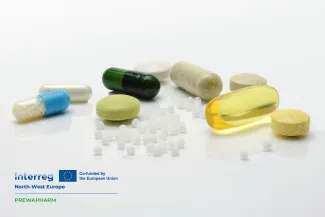
Across borders
Pharmaceutical substances in our waterways pose an increasing threat to aquatic life and public health. Ageing populations, polypharmacy, and climate change are exacerbating this issue. Although various countries and regions – such as the Netherlands and Flanders – have already launched strong initiatives, including the Flemish Green Deal for Sustainable Healthcare, there is currently no coordinated transnational approach. This is precisely where PREWAPHARM seeks to make a difference.
A source-oriented approach
The project focuses on prevention and technological purification at the source, with concrete actions structured around three key pillars:
-
Raising awareness and encouraging behavioural change among patients and healthcare providers through pilot projects on adjusted prescribing behaviour, therapy adherence, medication dispensing, and take-back systems;
-
Technological innovation through advanced wastewater treatment at hotspots, such as specific hospital departments, entire hospital wastewater streams, and sewer overflows;
-
Regional action plans and policy recommendations for a coordinated approach in Belgium, the Netherlands, Luxembourg, and Germany, supplemented by recommendations for Ireland, France, and Switzerland.
The project aligns seamlessly with the ambitions of the Green Deal Sustainable Healthcare – Pharmaceuticals in Water.
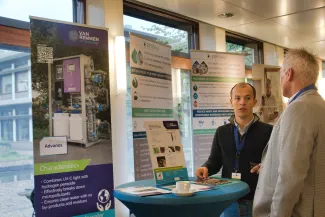
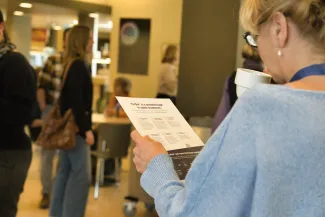
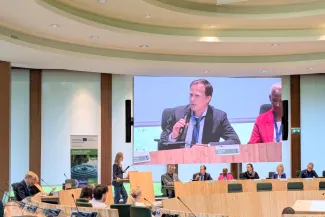
A strong start…
The launch event on 24 April was a great success and attracted a wide audience. Stakeholders from the policy, pharmaceutical, and water sectors came together to learn about the project and share best practices. During the interactive panel discussion, all of these diverse actors had their say – and they were unanimous: only through collaboration can we tackle this issue. The programme also featured inspiring real-world examples demonstrating that effective measures are already possible today.
There was also attention given to a growing, shared understanding between stakeholders in the healthcare and water sectors: medicines play an essential role in society, but they also pose environmental risks. This dual role calls for an integrated approach throughout the entire chain – from green chemistry and sustainable production, to conscious prescribing behaviour and training for doctors and pharmacists on (de)prescribing, and finally to innovative technologies that address pharmaceutical residues right at the source.
In short, PREWAPHARM promises to be a fascinating and challenging project, and the VITO team is eager to contribute from the water sector to the technological solutions needed to remove pharmaceutical residues from wastewater.
Want to get a taste of the atmosphere at the launch event? Then have a look at this short recap.
More information about PREWAPHARM can be found on the project page or via Dirk Halet and Pieter-Jan De Buyck.



